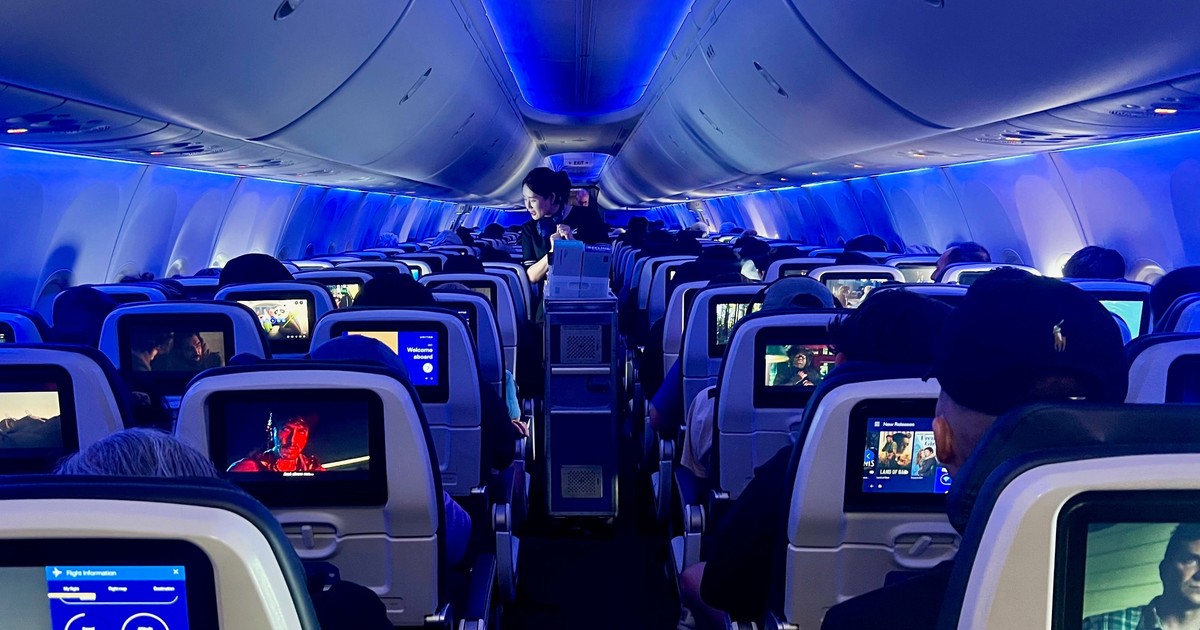As global travel demand soars in 2025, airline safety has become a top priority for passengers when selecting flights.
Despite notable advancements in technology and safety measures, the sector continues to grapple with various threats, including mechanical failures, adverse weather conditions, and external interference.
Even a single lapse in safety protocols or incident can have devastating repercussions, including damage to an airline’s reputation, reduced bookings, and intensified regulatory oversight.
Aviation industry’s worst moments
Recent tragic incidents have heightened public concern and intensified scrutiny of safety protocols.
Most notably, December 2024 saw a disturbing surge in fatal crashes, with at least eight incidents resulting in significant loss of life and eroding public trust in air travel safety.
Recent aviation tragedies include the December 28 Jeju Air crash at Muan Airport, South Korea, killing 179 of 181 aboard after a fiery landing attempt.
On December 25, an Azerbaijan Airlines Embraer ERJ-190AR crashed near Kazakhstan’s Aktau Airport, claiming 38 lives out of 67 passengers.
Earlier, on December 22, a private plane crash in Gramado, Brazil, killed 10 members of the Galeazzi family, including businessman Luiz Claudio Galeazzi.
The same day, a Britten-Norman BN-2B-26 Islander from North Coast Aviation crashed in Papua New Guinea, killing all five aboard
A recent airline safety study found that the global fatality risk per flight boarding between 2018 and 2022 was one in 13.7 million.
Despite this, over 200 lives were lost in December 2024, surpassing the 72 fatalities in 2023.
To help passengers make informed choices, AirlineRatings.com has released its 2025 rankings of the safest airlines, evaluating 385 airlines using a seven-star rating system.
The report evaluated the safest Full-Service Carriers (FSCs) and Low-Cost Carriers (LCCs). FSCs and LCCs differ in pricing, services, and operations.
FSCs offer a premium experience with bundled amenities, while LCCs focus on affordability with base fares and optional add-ons. FSCs cater to travelers seeking comfort, while LCCs suit budget-conscious passengers, particularly on short-haul routes.
The report is based on a comprehensive evaluation of factors, including recent fatal accidents, audits by aviation governing and industry organizations, leading safety initiatives, fleet age, and incident management practices.
With these considerations, here are the top 10 safest airlines in the world for 2025.
| Rank | Full Service Carriers | Low Cost Carriers |
|---|---|---|
|
1 |
Air New Zealand |
Hong Kong Express |
|
2 |
Qantas |
Jetstar Group |
|
3 |
Cathay Pacific; Qatar Airways; Emirates |
Ryanair |
|
4 |
Virgin Australia |
easyJet |
|
5 |
Etihad Airways |
Frontier Airlines |
|
6 |
ANA |
AirAsia |
|
7 |
EVA Air |
Wizz Air |
|
8 |
Korean Air |
VietJet Air |
|
9 |
Alaska Airlines |
Southwest Airlines |
|
10 |
Turkish Airlines (THY) |
Volaris |

